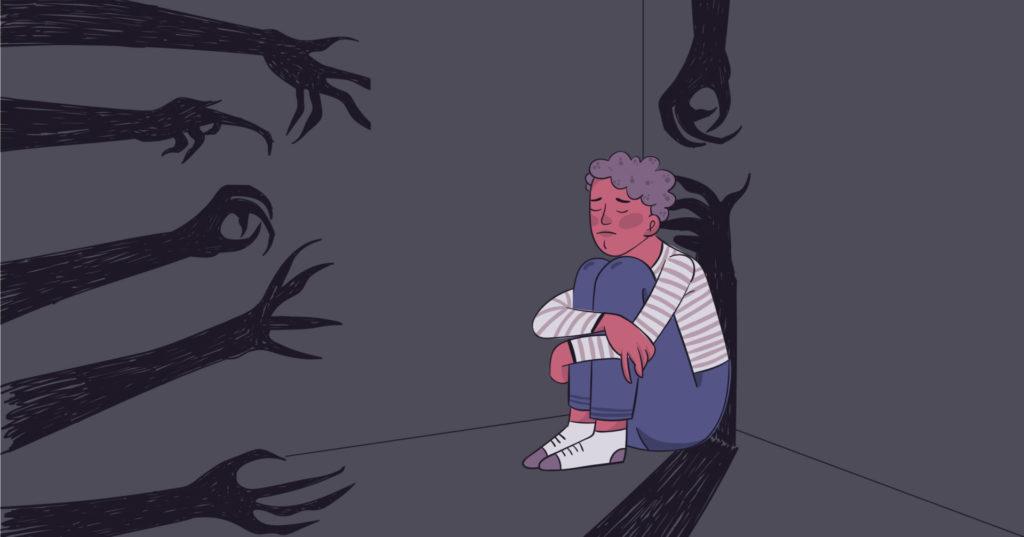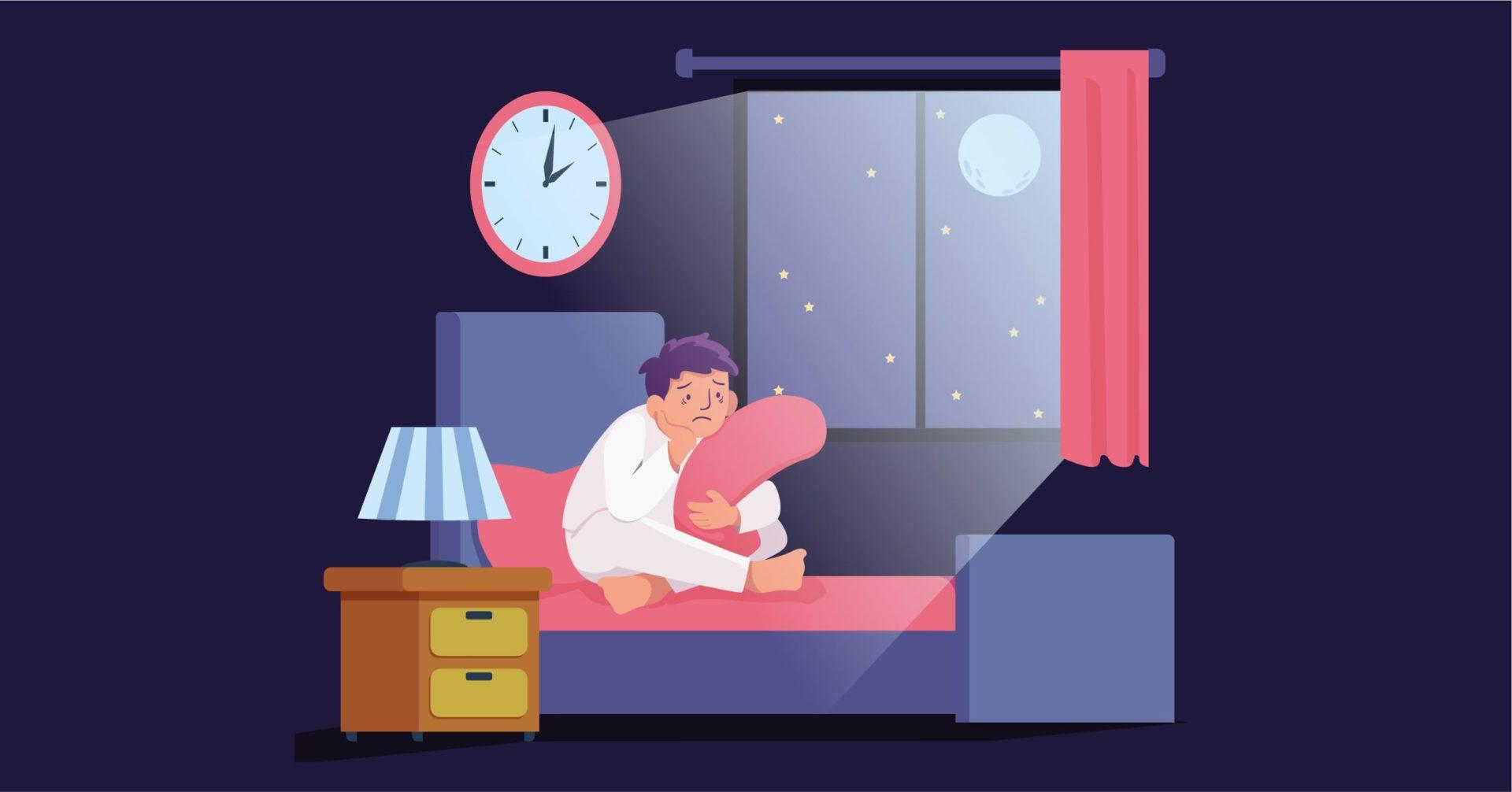Overview
Individuals with Antisocial Personality Disorder are often described as having a lack of regard for others’ human rights, callous and deceitful, aggressive, and irresponsible. The behaviors symptomatic of the disorder are highly problematic, and usually lead to unpredictability in the life of the individual, including an inability to keep close social interpersonal relationships and a long-term job. The disorder also comes with morbidity and mortality risks, with a high chance of injury or death from accidents and premeditated violence, impulsivity, and suicide attempts.
Antisocial Personality Disorder is one of the most well diagnosed personality disorders, and is found to be more prevalent in men than in women. Individuals presenting with the disorder are commonly seen in prison populations, psychiatric institutions, and among those who engage in substance use or have substance use disorders.
Correlates of the disorder are largely based on the interaction of biological factors such as genotypes and neuroanatomy with environmental factors such as childhood maltreatment and abuse. More often than not, comorbid disorders are present, including ADHD, Conduct Disorder, Borderline Personality Disorder, Major Depressive Disorder, Anxiety Disorder, Somatic Symptom Disorder, and Substance Use Disorder.
Resonating with the high comorbidity, it is more likely for individuals with Antisocial Personality Disorder to seek medical or psychiatric help for co-occurring disorders than for symptoms of Antisocial Personality Disorder.
It is characteristic of individuals to reject any claims of aggression, impulsivity, or other problematic behaviors associated with the disorder. It is thus unlikely for them to seek or cooperate with psychotherapy, leading to poor treatment outcomes.
Signs and Symptoms
The symptoms of Antisocial Personality Disorder may include:
- Disregard for and violation of others’ human rights
- Engaging in lying and deceitful behavior
- Using charisma and wit in order to take advantage of others
- Non-conformance to social norms
- Engaging in unlawful, often criminal behavior
- Consistent lack of responsibility
- Impulsive and spontaneous actions with no regard for the consequences
- Aggressive temperament
- Disregard for safety of self and others
- Lack of remorse about causing disruption or harm
- Being unable to keep a steady job due to a failure to complete duties
- Being unable to maintain healthy relationships due to dishonesty, exploitation and lack of regard for others emotions
- Inability to tolerate boredom
- Depressed mood
Get professional help in dealing with social distress with the best online therapy.
Risk Factors
Since a minimum age of 18 is a prerequisite to diagnose Antisocial Personality Disorder, the onset is considered to be in adulthood, but Conduct Disorder and hostility in childhood and adolescence is characteristic of the disorder.
Epidemiological studies have demonstrated a male preponderance in prevalence; Prison sample studies have reported a 47% occurrence of Antisocial Personality Disorder in men and a 21% occurrence in women. Adverse socioeconomic factors such as lower family income and sociocultural factors have also been associated with the disorder.
The etiology of Antisocial Personality Disorder is widely considered to be multifactorial, focusing mainly on a genotype-environment interaction model. While the estimated levels of heritability have varied, it has been considered as a significant correlate, but twin studies have also shown a substantial influence of environmental factors.
Genotype studies have pointed out the role of monoamine oxidase A (MAOA), an x-linked gene that is associated with regulation of neurotransmitters that control response to stress. MAOA imbalances combined with the presence of environmental stressors have been considered as the most significant correlates of Antisocial Personality Disorder.
Further biological studies have also involved neuroanatomy, with speculation of reduced volume and functioning of the prefrontal cortex in those with Antisocial Personality Disorder. However, there is a possibility that this reduced volume is resultant of comorbid disorders.
The genotype-environment relation has a complex interconnectedness. While heritability is considerably important, having relatives with Antisocial Personality Disorder is also conducive to a negative family environment, which in turn increases risk of environmental stressors.
Parents or caregivers with Antisocial Personality Disorder are more likely to subject children to child maltreatment and environments that are harsh, including sexually and physically abusive situations. Lower standards of caregiving at early age, including factors such as maternal withdrawal (failing to greet the infant, using toys instead of self to soothe the infant) were also found to be predictive of Antisocial Personality Disorder.
A comorbidity of disorders during childhood are often present, most likely Conduct Disorder. Development of ADHD before the age of 10 has also been linked with an onset of Antisocial Personality Disorder in adulthood. Individuals with the disorder are also more likely to have an externalizing disorder such as substance use disorder.
Diagnosis
The diagnosis of AntisThe diagnosis of Antisocial Personality Disorder is dependent largely on clinical assessment and diagnostic criteria, which require persistent signs of neglect for others, including compromising their human rights, brought forth by at least three of the following:
- Failure to conform to social norms, including engaging in criminal behavior
- Repeated lying, use of fake identities, and conning others for personal gain/pleasure
- Spontaneous activity and failing to plan in advance
- Irritability and aggressiveness seen through engagement in physical violence
- Recklessness in terms of safety of self and others
- Remorselessness, indicated by indifference upon causing pain to, mistreating, or stealing from other people
A minimum age of 18 is a prerequisite for diagnosis, and there must be evidence of conduct disorder before the age of 15. Underlying causes such as schizophrenia or bipolar disorder, which may also be causative of antisocial behavior, should be ruled out. It is unlikely for the individual to give accurate reports of symptoms, and thus there is an importance, with consent, to convene with peers and family members of the concerned individual.
Treatment
Treatment outcomes of Antisocial Personality Disorder are largely unsatisfactory, due in part to the reluctance of the individual to accept the diagnosis and cooperate with treatment. Additionally, sporadic lifestyle, comorbidities, and substance use are more likely than symptoms of Antisocial Personality Disorder to lead individuals into healthcare settings.
The tendencies of individuals with the disorder to engage in manipulation, deceit, and aggression make them disagreeable patients, and thus many therapists and psychiatrists may refuse to work with them. In most cases, it is the individuals themselves who are found to be absconding from therapeutic settings.
Trials conducted on the efficacy of antiepileptics, antidepressants, and dopamine antagonists in controlling symptoms of Antisocial Personality Disorder have proven inconclusive, and thus there remains no effective pharmacological treatment route for the disorder.
Treatment for Antisocial Personality Disorder caused by substance use can include treating the substance use disorder, which results in improvement in antisocial symptoms. Individuals taking part in psychoeducational programs showed a higher likelihood of continuing therapy.
The mainstay for psychotherapeutic treatment of Antisocial Personality Disorder is Cognitive Behavioral Therapy, though it is more effective on present comorbid disorders (such as major depression or panic disorder).
Differential Diagnosis
1. Schizophrenia and Bipolar disorder: Incidences of antisocial behaviour during ongoing schizophrenia or bipolar do not amount to a diagnosis of antisocial personality disorder.
2. Substance use disorder: When antisocial behavior in an adult is linked to substance use disorder, the diagnosis of antisocial personality disorder is not made unless the signs of antisocial personality disorder were also present in childhood and have continued into adulthood. If there is history of antisocial behavior and substance use since childhood, the individual will be diagnosed with both. Antisocial behaviour may be a result of substance intoxication.
3. Other personality disorders: Other personality disorders may be confused with antisocial personality disorder because they have certain features in common. But each of the other personality disorders function for selfish reasons. Whereas, antisocial personality disorder function for the purpose of revenge or distress to others.
In Conclusion
Antisocial Personality Disorder, even though not entirely curable, can always be prevented from developing into criminal behavior. It has been observed that Antisocial Personality Disorder stems from childhood trauma. Neglect, violent and chaotic behavior in the family could be some of the primary reasons for the development of Antisocial Personality Disorder.
The symptoms can be spotted at an early age of 15 or 16 years. Thus, it is advised to consult a professional at an early stage of the disorder.
Consult our professionals for the right treatment and book your session today.






